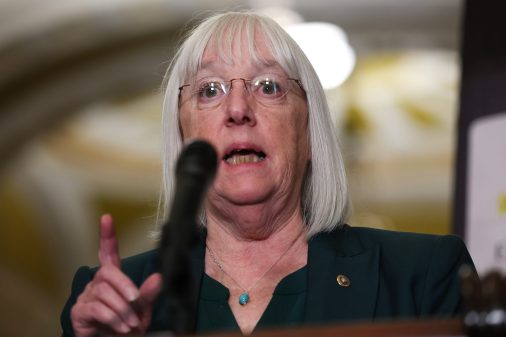U.S. Coast Guard seeks ideas for its own EHR system

The U.S. Coast Guard is looking for a solution to digitize its electronic health records that would be more interoperable with Defense and Veterans Affairs’ systems.
The service is looking for a “computerized, integrated Electronic Health Record Acquisition” that would be more interoperable with both departments’ systems, according to a Request for Information published Sunday. The solution would replace the agency’s “manual paper health records,” and would need to protect personally identifiable information and personal health information, according to the RFI.
“At Full Operational Capability, the eHRa solution will be fully functioning, integrated with USCG business processes, and all users will have been successfully trained and transitioned to the new electronic health record solution at 114 ashore sites (clinics and sick bays) and 62 afloat sick bays,” the RFI reads. And those who respond have to show USCG how they will get there with schedule milestones, assuming a one-to-two year limit to achieve full operational capacity.
The request for information could be used for the USCG to develop a request for proposals, or an acquisition strategy, USCG notes in the document.
The Departments of Defense and Veterans Affairs were directed in 2008 to implement a joint electronic health record system, but the Defense Department has since moved to a $4.3 billion Cerner-developed commercial EHR platform, called MHS GENSIS, which it launched as a pilot this February. And VA Secretary David Shulkin said in March that he doesn’t have a “firm deadline” to decide on the future of VA’s electronic health records platform.
Shulkin also said then that it was a “strategic mistake” for the VA not to move to an integrated, modernized electronic health record platform directly aligned with the Defense Department.
“This has been going on for a long, long time. It is a very difficult decision. It’s been kicked down the road, and if I could back up time, I believe it was a mistake not to have made a decision with the DOD at the time,” VA Secretary David Shulkin said. “Not to have an integrated platform and integrated record, I think, was a strategic mistake. But that’s past history, and we have to face the facts where we are now.”






